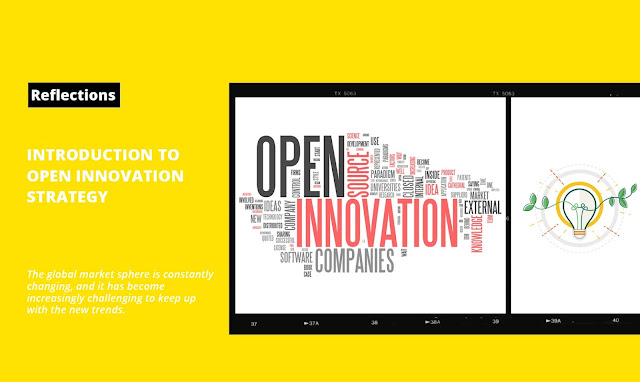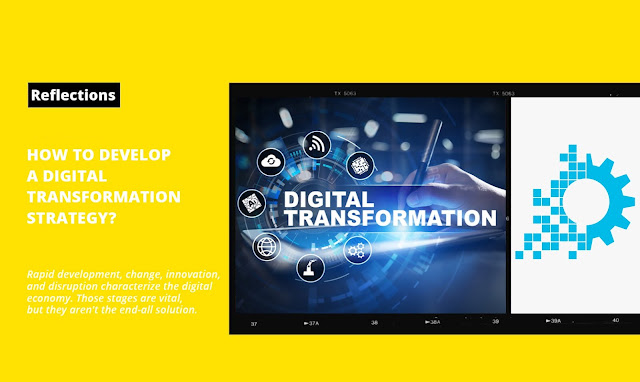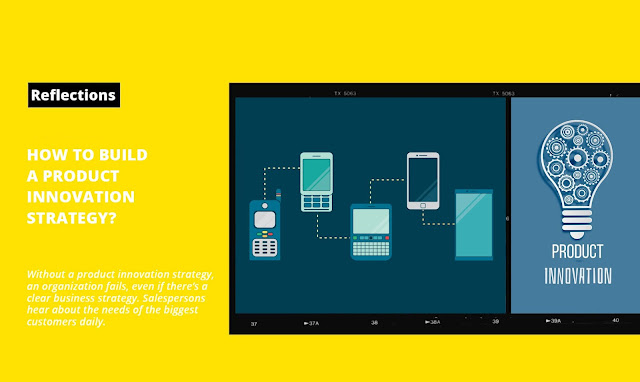Innovating Together: The Essence of Open Innovation Strategy

In a constantly evolving global market, staying ahead demands embracing novel strategies. Amid fierce digital competition, businesses strive for innovation. A standout approach gaining traction is the Open Innovation Strategy —a paradigm shift reshaping industries worldwide. Understanding Open Innovation Open Innovation diverges from traditional models by welcoming external input. Rather than relying solely on internal teams, it invites expertise from consultants, research institutes, customers, and startups. Studies show 61% of companies leverage open innovation for fresh business ideas. This dynamic approach enables informed decision-making and ensures adaptability to evolving trends. Diverse Open Innovation Approaches To tailor strategies effectively, grasping diverse Open Innovation types is pivotal. Options include: Intracompany: Internal innovation across various organizational departments. Intercompany: Collaboration between two or more companies. Expert-Centric: Drawing inno


